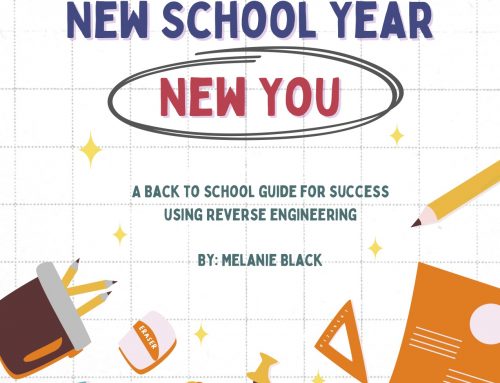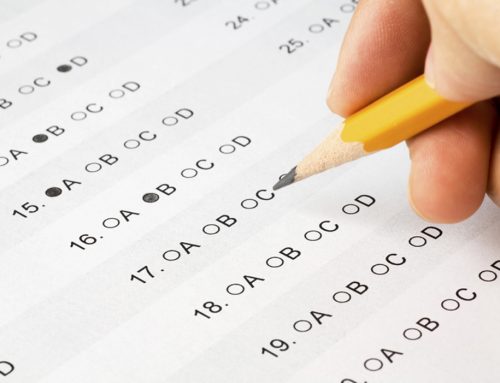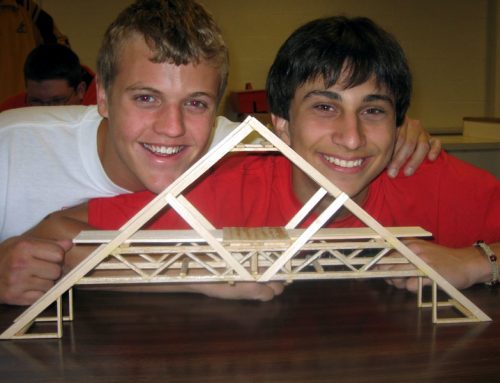Math has always felt hard to me. In college and university I would study for hours for my final exams in math. I completed tons of practice problems before I felt slightly confident to take a test. It wasn’t until much later that I realized that having a different perspective on math is helpful.
“It’s not that I am so smart, it’s just that I stay with problems longer.” – Albert Einstein
Everyone experiences problems from time to time. Whether they are big or small we take steps to solve them though it may be challenging.
Scenario
It’s Tuesday night. Your friend invites you to the movies on Thursday evening at 7pm. You really want to go but you have to work from 3pm to 6pm. Plus, you have a chemistry test on Friday for which you need to prepare. You currently have a 71% in chemistry. What will you do?
1. Stop and Think: hmmmm
2. My Options: What are my choices?
3. Decide: What are the pros and cons?
4. Act: Do what is best for you.
Thinking About Math
Math is a challenging subject that requires you to use your critical thinking skills to solve various kinds of problems, some big and some small. Solving math problems requires the same steps you used above to solve your problem about going to the movies. With math you need to understand the concepts rather than memorize them. Taking the time to understand how and why operations work the way they do will help you tremendously.
When completing a math problem the first thing you need to do is stop and think. Next you have to lay out your options. With math you have to look at what options are available to you to solve the problem. For example, you could add first then multiply, or vice versa. Then, you must make a decision, a decision as to what formula or method you will use to solve the problem. Finally, you act. You solve your problem. Then, you repeat the process and solve another problem and another problem and another problem. The best way for you to rock your math tests is to do what is expected of you on the math tests. Work out problems! Practice is the best way to get good at solving math problems. You got this!
When presented with a math problem ask yourself:
- What do I know about this type of problem?
- How is this problem similar to what I have done before?
- What formula or method do I need to solve this problem?
- What information do I need to solve this problem?
- Notice specifically what step in the problem gets you stuck.
What happens if I still don’t get it?
Usually math classes move at a fast pace. A teacher or professor stands at the front of the room, quickly goes over an example or two, and sends you on your way to work independently. You think most of it makes sense to you so you start your work only to realize you are confused. When this happens you will need to backtrack to find where the confusion started, review any examples, class notes, or related textbook pages. If you need to ask the instructor for help BE SPECIFIC about which step you are having trouble with so they can guide you properly. Don’t just say, “I don’t get it.” Instructors tend to interpret that phrase as laziness. So show them or tell them the specific part of the problem that is throwing you off. That way they know you are putting effort into understanding the problem.
“The only way to learn mathematics is to do mathematics.” – Paul Halmos
 Melanie Black is an Associate Certified Academic Life Coach and mindfulness educator. She is passionate about helping others and learning all she can in the process. With over ten years of experience in the field of education, she is determined to help students succeed in school and life. “ One of my goals is to continue to be a humanitarian who helps our local community. I am passionate about my relentless pursuit of knowledge and desire to help others.“
Melanie Black is an Associate Certified Academic Life Coach and mindfulness educator. She is passionate about helping others and learning all she can in the process. With over ten years of experience in the field of education, she is determined to help students succeed in school and life. “ One of my goals is to continue to be a humanitarian who helps our local community. I am passionate about my relentless pursuit of knowledge and desire to help others.“






